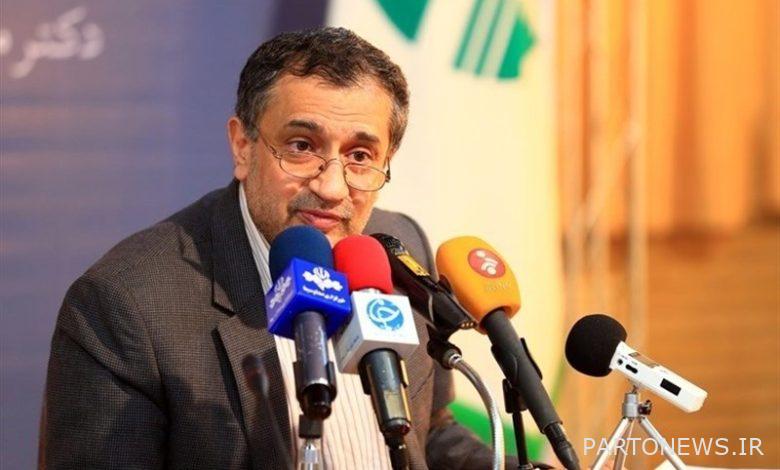The government lends to polluting industries

According to Moj News Agency, Massoud Tajrishi, Deputy Minister of Human Environment of the Environment Organization, said in a press conference today: “Due to the climate change, the frequency of occurrence of phenomena has changed and we must make a policy in this regard.” The National Environment and Climate Organization is developing a plan and submitting it to the government.
He said: “We must have changes in the country in accordance with climate change, for example, agricultural seeds must change and the seeds must be drought-resistant and can be equivalent to irrigated crops.” And the frequency of cultivation is so serious that it needs to change.
In response to a question about the reduction of greenhouse gases, Tajrishi said, according to the head of the Environment Organization: “This reduction in pollutants is related to the reduction of flare burning in the last two years, and the Ministry of Oil has designated projects in this regard.”
He added: “With the measures we have taken in the last 4 years, we have filled the share of our 4% reduction in greenhouse gas emissions based on the commitments and menus of the leadership.”
Emphasizing that the intensity of energy consumption has not been reduced yet, but we have been able to reduce greenhouse gas emissions, the deputy head of the Environment Organization said: “By investing in the energy sector, we must also reduce the intensity of consumption.”
Tajrishi, in response to a question about 62 programs prepared to deal with air pollution, also pointed out that since last year, in coordination with the Ministry of Interior, many tasks in the clean air law that require the help of governors have been provided to the provinces. “We are looking at the position that the environmental organization should stand in the position of oversight instead of the executive apparatus,” he said.
He stated that the pollutants’ share in 9 metropolises has been calculated by creating a consortium of top universities and by publishing the list of studies in each metropolis so that the municipality, the executive organs of the province and even the city councils can intervene and participate to reduce pollution. He said: “Finally, the 62 rulings that were raised at the government level were 28 rulings for mobile resources, and some cases were related to 8 resident sources and 26 rulings were related to industrial programs, and a division of labor was done so that everyone could be in their place.”
Allocation of loans to reduce industrial pollution
Tajrishi stated that the Environment Organization, as an oversight body, informs the First Deputy and that resident resources are to be lent from the government to reduce pollution. He said: with the arrival of the first deputy to the issue and the provision of financial resources, the program prepared by the organization will be followed up and implemented by the executive bodies.
He emphasized: in the issue of air pollution management, the environmental organization has not assigned its role to a device and is sitting in its place to enter where it needs to intervene. And according to the government’s determination, we will see the effects of this planning within the next 5 years.
In response to a question about the national waste management plan according to the president’s order, he said: “We sent a letter to the president stating that if we want to solve the waste problem in the north of the country, according to a study conducted in 1996, it should be divided among agencies.” Therefore, a plan has been sent to the government to organize waste in the north of the country, and if the government deems it appropriate, it will be operational in the two northern provinces of Mazandaran and Gilan next year.
Establishment of a waste management base in the north of the country
He added: “According to the plan, the problem of waste in the north of the country will be solved by determining a base with a 5-year interval.”
Tajrishi emphasized that urban waste is the main problem in the north of the country and we are one of the few countries that dump about 45% of our waste other than sanitary landfills. He said: “According to the plan approved by the governors of the time and the departments of the whole environment in 1998, the problem we had was who could manage and supervise it, and we proposed its organizational structure to the government.”
.

